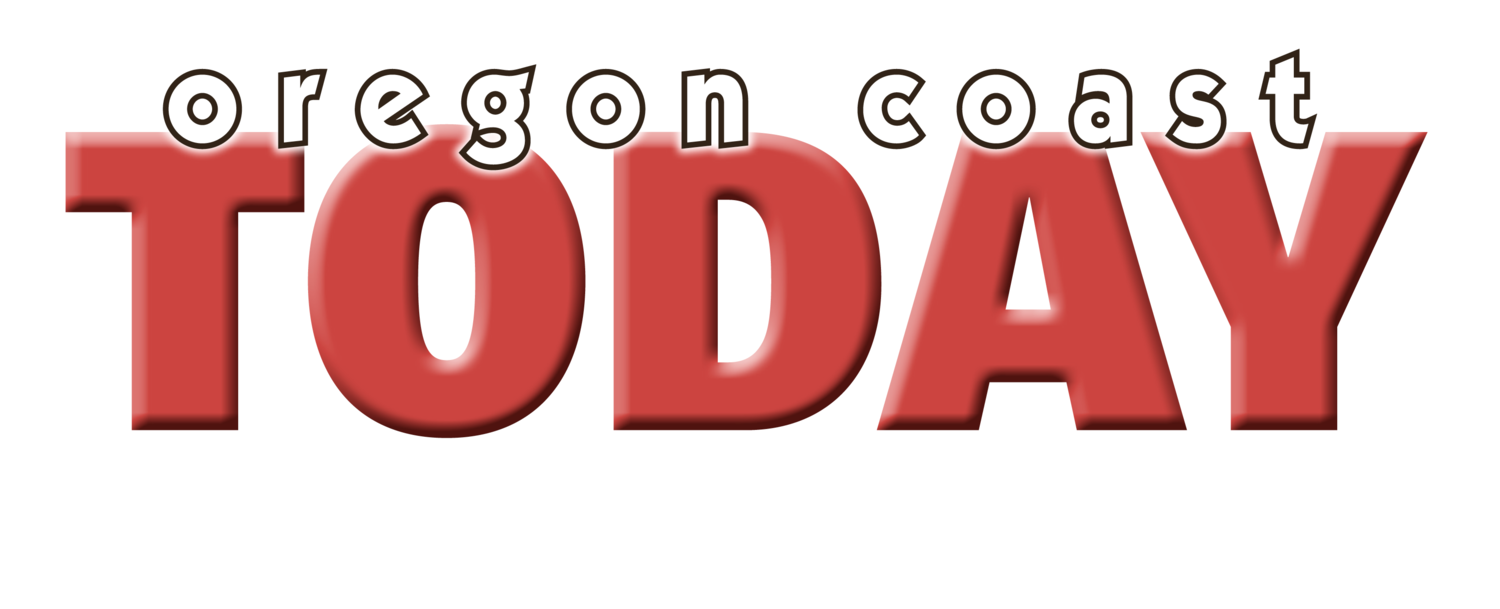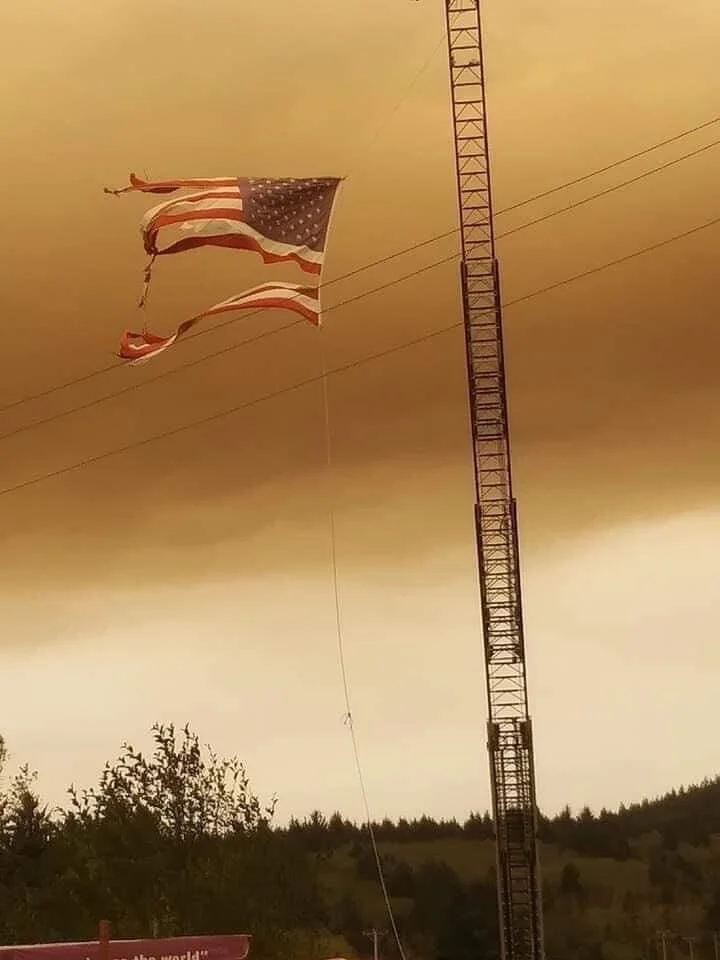Step by step
For decades, North Lincoln County residents have prepared for a tsunami, a wall of destruction coming out of the Pacific. “Never turn you back on the ocean,” they said.
Maybe that’s why no one thought much about a wall of destruction coming from the mountains. In a place where it rains well more than six-feet a year, a wildfire seemed the last thing on many folks’ minds.
That changed forever on Sept. 7, 2020.
The Echo Mountain Fire, driven by hot, dry winds out of the east, fed by just one spark, unleashed a wall of flame that changed hundreds of lives forever. In its aftermath, 293 homes lie in ruins. Those that fled the flames consider it a miracle no one lost their lives.
In the weeks and months since the fires retreated, however, the need for another kind of deliverance has become clear as the pain of recovery is just beginning.
In the simplest of terms we call it “loss,” as if such a small word could cover so much. It means losing neighbors who’ve kept you safe for generations. It’s knowing the sounds of the trees and river that nurtured your soul are now lost to new sounds, usually those of the highway outside the Red Cross hotel you now call home. The tools your father gave you, the 80-year-old quilts your mother gave you — the ones you would pass on to your children — they’re now just ashes and molten slag.
It means that whatever your world was, no matter how small or large it might have been, that your world is gone forever. “The new normal,” others call it, this idea of moving on, accepting loss.
Perhaps. But when survivors of the fire are being honest, between the tears and the rage, “loss” might not be the only four-letter word you’ll hear.
Layered inside all of this are pragmatic realities, too. Some people were uninsured, while most others were underinsured. Some knew this, a pandemic and the cost of coastal living making them gamble. Others didn’t know until the morning they called their insurance agent. There’s very few of us that don’t know someone whose tears mixed with a gasp as their phone slid slowly out of their hand.
It’s hard to comprehend the kind of mental DNA that fills the life of survivors. Dual strands of emotional sadness and practical despair, both intertwined in every moment. Scientists call DNA “twisted,” or “spiraling,” and both seem sadly appropriate.
It’s too simple to say these are our “friends and families.” They are the people that tend our daughter’s knee when she scrapes it on the playground. They are the folks that collect admission at the football game — and don’t charge us because we’re broke. They are the parents that chaperone field trips at the school, and come to fundraisers for your kids because you went to theirs.
These are not characters in a book; these people are real. Indeed, standing on just one corner in Otis, N. Spring Drive and Westview, you can see the lived history of each one of those people above. All of it gone.
The Echo Mountain Relief Fund was created to help bring some of it back. A group of local business owners and community leaders, we started this non-profit endeavor to help as many survivors of the Echo Mountain Fire as we can. We can’t change all of it, of course. But if a few dollars well-spent can help our friends and family recapture part of the “old normal,” we have to try — and we need your help.
On Nov. 18, 2020 we began the Two-Ninety-Three Project: $293,000 to help 293 families in 293 days. Our mission is simple: to help anyone who falls through the cracks, be it those created by insurance companies, government relief programs, or other community efforts.
It won’t be quick. It will take a while to find out who needs help and why. Already people who didn’t think they needed any help have found out they do. Others, who were once filled with desperation, are finding help from places they never even knew existed. We like those kinds of stories, but in the year to come we suspect they will be few.
“The year,” it’s not just a rote statement. On Sept. 7, 2021, it will have been exactly one year since the fire, and 293 days since we began our project. Raising well in excess of a quarter-million dollars in that time will not be easy. We’re going to be hosting fundraisers, seeking out grants — and seeking out you.
We need your help. Be it a few dollars or a big check, it all counts. Have something of value you’d like to donate? We’d love to have it. (We’ve already given away two used cars to families whose vehicles were destroyed.) Maybe you’ve got an idea for fundraising you’ve seen elsewhere. We’d love to hear it.
On the way into town you might have seen some of the burned-out homes. You might have seen trees that once towered above the road now lying blackened on their sides. In our shops and restaurants you might hear about the fire. The clerk at the front desk, the person behind the register, might be someone who’s lost everything. There’s a story to go with each one.
You’re part of that story now, too. For the entirety of our history, Lincoln City has existed because of visitors, and we’re truly honored you’ve come here to be a small part of our story of recovery. However you chose to contribute, we appreciate it, and we invite you to watch these pages in the days ahead to see what else the Echo Mountain Relief Fund is doing, and how you can be a part.
Thanks for reading.
Deposits can be made at any First Interstate Bank to the Echo Mountain Fire Relief Fund, Tax I.D. No. 85-3034665, Oregon registry no. 171985196. For more information about financial donations, or working with the Echo Mountain Relief Fund on a fundraiser, please text Bethany Grace Howe at 541-921-0408, or by emailing EchoMountainFireRelief@gmail.com.

